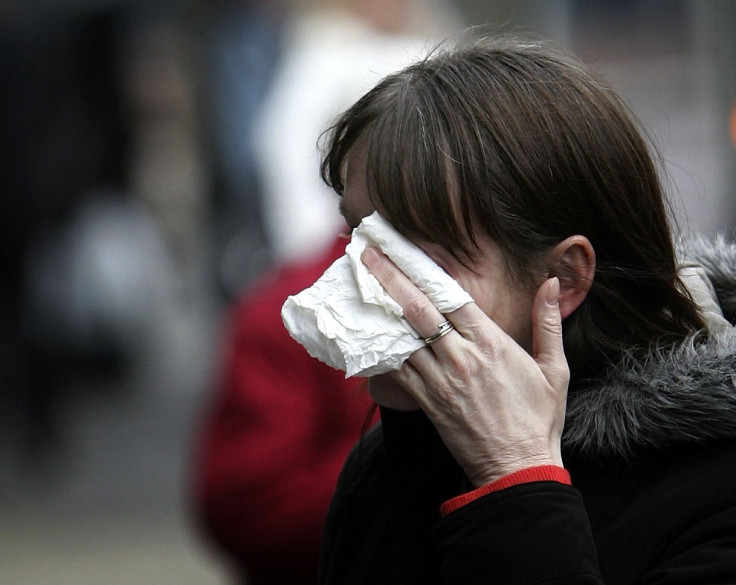World Mental Health Day 2015: Call to end stigma and discrimination

Thousands of people with mental health conditions around the world are deprived of dignity and their basic human rights, including freedom from violence and abuse, inclusion in the community and in policy-making and freedom from discrimination.
On this year's World Mental Health Day, marked annually on 10 October, the theme is "dignity in mental health" – to raise awareness of what can be done to ensure people with mental health conditions can live free of stigma.
In recognition of the day, here are the key facts about mental health:
Depression affects an estimated 350 million people around the world, and more women are affected than men. It is one of the main causes of disability worldwide.
A quarter of the UK population will experience some kind of mental health problem in the course of a year. The most common mental disorder in Britain is mixed anxiety and depression.
Around 47.5 million people worldwide have dementia. Dementia is usually chronic or progressive in nature. The condition means there is deterioration in the ability to process thought (beyond what might be expected from normal ageing).
Bipolar affective disorder affects round 60 million people worldwide. It typically consists of both manic and depressive episodes, separated by periods of normal mood.
Schizophrenia affects around 21 million people worldwide. Psychoses, including schizophrenia, are characterised by distortions in thinking, perception, emotions, language, sense of self and behaviour.
While there are effective treatments for mental disorders and ways to alleviate the suffering caused, in low and middle-income countries between 76% and 85% of people with mental disorders receive no treatment for their disorder. Even in high-income countries between 35% and 50% of people with mental disorders receive no treatment.
The dignity of many people with mental health disorders is not respected. This includes being locked up in institutions where they are isolated and potentially subjected to abuse.
Some people are deprived of the right to make decisions about their mental health treatment and care, as well as their personal lives – such as where they want to live. Some people are denied the right to work or education.
Stigma is rife and can have a knock-on effect on employment, which hinders someone socially and economically.
© Copyright IBTimes 2024. All rights reserved.





